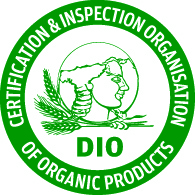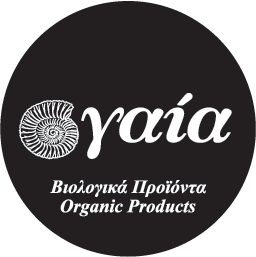An appropriate legal framework has been established for organic products, applicable not only to the primary sector (crop and livestock production), but also to the secondary sector (processing, standardization and distribution of agricultural products), in order to ensure compliance with the legislation governing the organic production of plant and animal products, their processing, labeling and marketing. After the verification process, this enables owners of businesses engaged in the production, processing, standardization and marketing of organic products, to obtain official recognition and certification that they have complied with the obligations of the applicable legislation. This also ensures the brand name of these products as well as transparency at all stages of the production process.
The verification and certification of the processes required in organic production in order to determine whether they comply with the requirements of the applicable law, are undertaken by approved inspection and certification bodies which must appear with their logo and code on each package. In Greece there are 18 approved inspection and certification bodies.
How can I identify organic produce?
Organic produce packaging should have the following information:
-
- Be labelled “PRODUCE OF ORGANIC FARMING” along with the name of the product
- The national mark for the certification of certified organic farming produce, i.e. the relevant certification body’s quality mark (e.g. the ΔΗΩ logo, etc.)
- The approval number of the Audit & Certification Authority (e.g. GR-BIO-00)
- The EU logo for organic farming


Can organic farming be sold unpackaged?
When purchasing unpackaged (loose) organic produce (e.g. from farmers’ markets selling organic produce), the consumer should confirm that they are organic by checking the accompanying Product Certificate. The Product Certificate should specify at least the following:
- The Audit and Certification Organization (e.g. ΔΗΩ).
- The name and address of the business
- Certified produce
- The regulations that certify the produce
- The date the certification is valid from, and the period of validity
- The certification stage
- Production period
- The type of packaging
- The variety of plant produce and / or the animal produce category
Apart from at farmers’ markets, unpackaged organic produce may only be sold at certified outlets, which are usually organic stores. In these stores, there should be a label on each product with the following information:
- The name of the business
- The certified product
- The name of the producer / company and the origin
- The Audit and Certification Organization (e.g. ΔΗΩ).
- The certification stage
It should be noted that any company producing and / or distributing organic products, whether they are packaged or not, should have a valid Product Certificate, which includes all types of organic farming produce that it retails.
